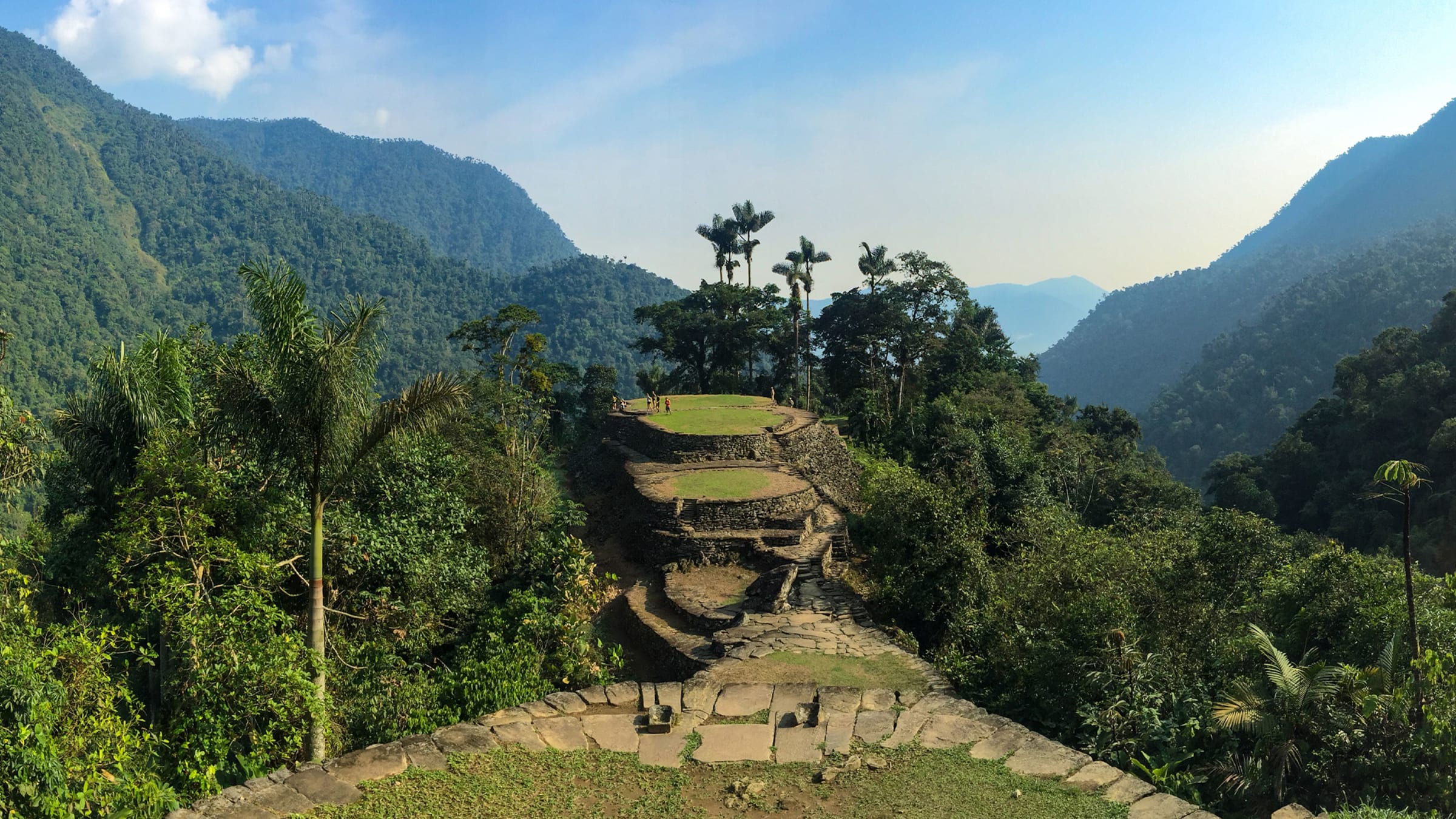While the world has been preoccupied with a swelling global financial crisis, Colombia has been busy with one of its own making. Two weeks ago a few notorious Ponzi schemes such as DRFE (which stands for Dinero Rapido Facil en Efectio, or Easy Money Fast Cash) stopped paying their clients as their leadership fled abroad. The rioting that followed led the government to call it a “social emergency,” giving the president authority to rule by decree to toughen up on pyramid schemes. Last week the government seized the offices of the country’s largest scheme, DMG (its founders’ initials, David Murcia Guzman). As many as 2 million Colombians (5% of the population) may have had funds invested in the schemes, which apparently had over US$850 million in deposits.
The economic effects of the pyramids are staggering. In the state of Nariño, Semana reports that productivity dropped over 4 percent as pyramid investors quit their jobs to depend on pyramid profits. In Putumayo, bank deposits fell by over 50% last semester, as banks’ meager interest rates could not compete with’ offers of sometimes over 100% in a 6-month period. The pyramid schemes thrived in coca-producing areas, where poverty is rampant and coca sales provide intermittent cash influxes which many are eager to double. The governor of Putumayo, Felipe Guzman, recently said that the unrealistic investment schemes were so popular that people even quit growing coca, thinking they could depend only on their investments. He believes this year only 2,000 hectares of coca were planted in Putumayo, unlike the usual 80,000.
The political ramifications may be even more significant, as it seems that the movement to allow President Uribe to run for a third term in 2010 may have died in Congress, in part because of the pyramids. This week a commission of the lower house of Congress voted against a 2010 consecutive re-election, after two representatives, Miriam Paredes and Orlando Guerra, from Nariño and Putumayo, did not vote due to the economic crisis in their states. Furthermore, the crisis in the past two weeks caught the government off guard and made it look weak. Even though the pyramid schemes had been growing at a fast rate for years (DMG was founded in 2005), the government had not intervened, leading President Uribe last week to apologize for not taking action sooner. He claimed to have been misinformed and fired the head of the financial regulator, Superfinanciera. The president has been doing a lot of apologizing lately, usually claiming to be misinformed. Just this month he denied that the armed forces had fired on protestors, and then admitted they did. Earlier in the month he also denied that the armed forces had been abducting poor youth to report them as combat deaths, and then admitted it was true. And then there’s the whole Red Cross emblem issue in Operation Jaque, where Uribe also claims to have been misinformed. The lack of response to the looming pyramid scheme crisis is just the most recent of many incidents that are taking a toll on the president.
But perhaps the most striking aspect of the whole affair is the national following that DMG’s founder, David Murcia, has garnered by espousing a populist anti-corporate message. He claims that DMG is not a pyramid scheme, but instead a bank that distributes wealth instead of keeping it for bankers’ salaries. In the picture above he is seen recording a YouTube message to his followers in which he attacks the banking sector, next to two flags: DMG’s and Colombia’s. In his radio and YouTube communications he threatened the government with calling his “family” (what he calls all of DMG’s investors) to take over the streets if he is ever harmed. In a country where it often feels heretical to criticize the government, following his arrest thousands of Colombians came out to rally around a man who they believe is the first to offer them economic opportunities, a scene that resembles those of Bolivia or Venezuela more than Colombia. Their slogan: “Dejen trabajar” (let work). This situation should be of interest to Colombia’s leftist parties, who have failed to amass popular support. It may also say something about Colombia’s improving security situation. As physical security drops in terms of Colombians’ concerns, economic inequalities are becoming a louder concern. In the 2010 elections security may not trump all other issues.

Reply